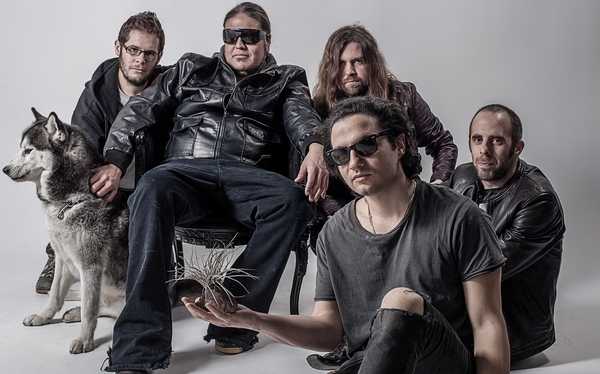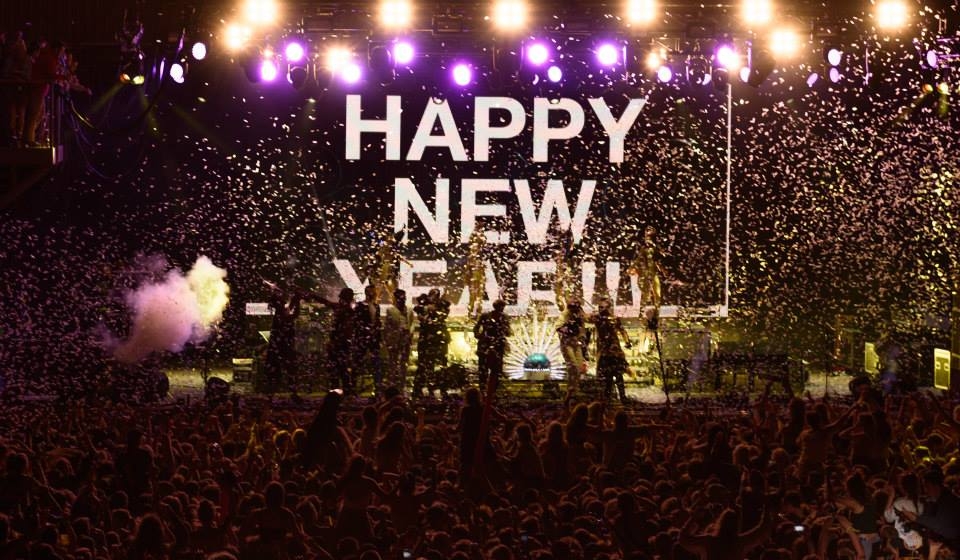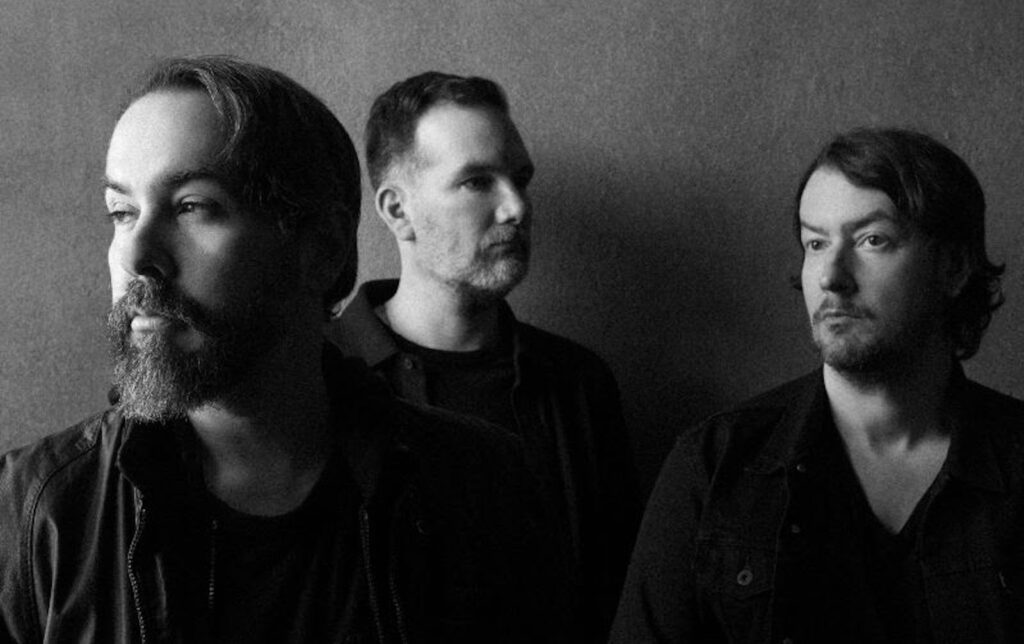“I’m putting in a funding application to do our new record,” says bass player Tibor Gede. “The Labor government brought back music grants, which the Liberal government took away. So that’s really good, hopefully we’ll get to do that, because if we get it, we’ll go over to Istanbul, Turkey and do our next record there.”
So what’s the thinking behind journeying to far-flung places for the sake of recording? Could it be the band like to immerse themselves in the local culture and music, to further inspire their creativity?
“There’s a few things behind it,” Gede says. “The first one just happened because I was living in Budapest at the time. I was away from the band for quite a while, and the guys said, ‘Can we come over and do some gigs?’ and I said, ‘Sure I’ll organise a tour’. And we thought we might as well do the album while we’re there. So the whole band was there for two months, living in my apartment.”
But there are also creative benefits that come from recording like this. “A lot of people, what they say about Alithia, is that we’re prog in a way,” Gede says. “But we don’t sound like an Aussie prog band. We are European sounding, we do stand out in a different way, and I think being over there is inspiring for us.
“Plus we’ve got guest artists,” he continues. “We’ve got a Bulgarian gaida player – the gaida being an ancient, traditional Bulgarian instrument. We also have another couple of Hungarian guest artists: a violin player and a guy that does really deadly, deathly screams, a couple of other vocalists and a New York rapper. So I think it really transformed and impacted our sound.”
The band recently went out on a limb and made a short film to reflect their weird, wild and wonderful music. Entitled Sacrifice, they’re launching it with two shows, in Melbourne and Sydney, later this month.
“Basically, I think the best way to describe it is that it’s a dark comedy, mockumentary, social commentary,” Gede laughs. “It takes Spinal Tap and puts it with David Lynch. We had cameras following us around for 48 hours, and we’re playing kind of heightened versions of ourselves.
“So it’s not a documentary, it’s a mockumentary. So we’ve put ourselves in a fictional context. The context is that we’re a local band, we’ve hired a publicist to help us get some more likes, more reach on social media, try to get us out there desperately, sell more tickets and so on. We’re in that pay-to-play process of selling tickets to our friends and family, but the gimmick of the show is that it’s the singer’s last ever show, because after the show he will be dead.”
The film is designed to make a statement about local band culture, exposing how tough it is to be a struggling local band that’s yet to make a name for itself, especially with regards to getting people to attend your shows.
“It puts a spotlight on the fact that, unless people have a deep interest in supporting the local culture – most people don’t, they’re not even aware of it – they don’t even know what venues and bands exist.”
BY ROD WHITFIELD







